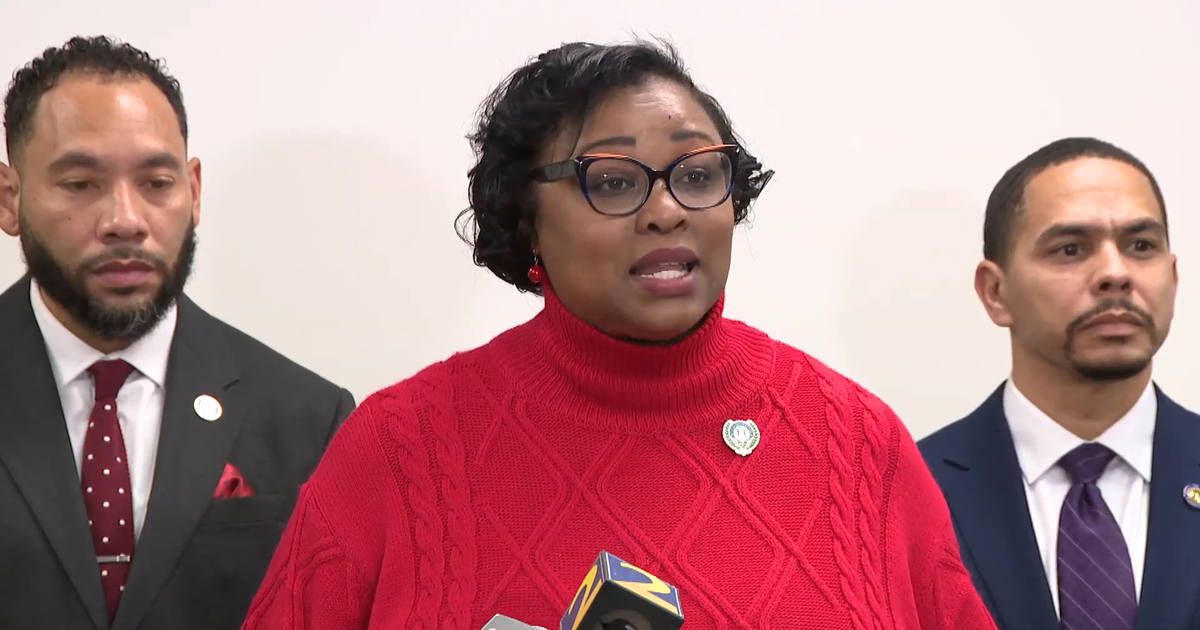Senate Democrats unveil $3.5 trillion budget plan, detailing climate and social agenda
Washington — Senate Democrats released a budget resolution Monday that maps $3.5 trillion in spending boosts and tax breaks aimed at strengthening social and environmental programs, setting up an autumn battle over President Biden's domestic policy ambitions.
The 92-page measure lays the groundwork for legislation later this year that over a decade would pour mountains of federal resources into their top priorities. Included would be more money for health care, education, family services and environmental programs and tax breaks for families, with much of it paid for with tax increases on the rich and corporations.
"At its core, this legislation is about restoring the middle class in the 21st Century and giving more Americans the opportunity to get there," Senate Majority Leader Chuck Schumer wrote in a letter to colleagues.
On the Senate floor, Schumer said the measure "will be the most significant legislation for American families since the era of the New Deal and the Great Society."
The resolution's introduction marks the start of a long legislative trek through Congress of legislation that Democrats hope will result this fall in a progressive reshaping of government. To succeed, they'll have to overcome likely unanimous Republican opposition and find the sweet spot between the demands of their own often antagonist progressive and moderate factions.
The budget resolution is the second part of Democrats' "two-track" strategy to pass their major domestic priorities. The Senate is currently considering a $1 trillion infrastructure bill that is supported by members of both parties, and cleared a procedural hurdle Sunday night that tees up a vote on final passage early this week.
The resolution calls for creating free pre-Kindergarten for 3- and 4-year-olds and two years of free community college; extending tax breaks for children and some low-income workers; and establishing paid family and sick leave.
Medicare coverage would be expanded to cover dental, hearing and vision benefits. Spending would increase for housing, home health care and job training, and new resources would go to efforts encouraging a faster transition to clean energy.
To pay for the plans, taxes would be raised on wealthy people and large corporations, without any increases on people earning under $400,000 a year, a key Biden campaign pledge. The budget also calls for reducing the prices the federal government pays for pharmaceuticals it buys for Medicare recipients, a long-time goal of Democrats who want the government to be allowed to negotiate those prices.
The budget also calls for giving legal status to millions of immigrants living in the U.S. illegally, and — in a step aimed at winning support from moderate Democrats — spending money to strengthen border security.
Democrats are expected to approve the resolution over unanimous Republican opposition. Passage of the budget is crucial because it would allow a subsequent bill — actually enacting Democrats' 10-year, $3.5 trillion plan for spending and tax changes — to pass the Senate by a simple majority.
Without that protection, the follow-up measure would fall prey to a GOP filibuster, delaying tactics that require 60 votes to end. Even so, it's expected to take Democrats well into the fall to complete their $3.5 trillion package as rival progressives and moderates jostle over which of their priorities will survive.
Jack Turman contributed reporting.



